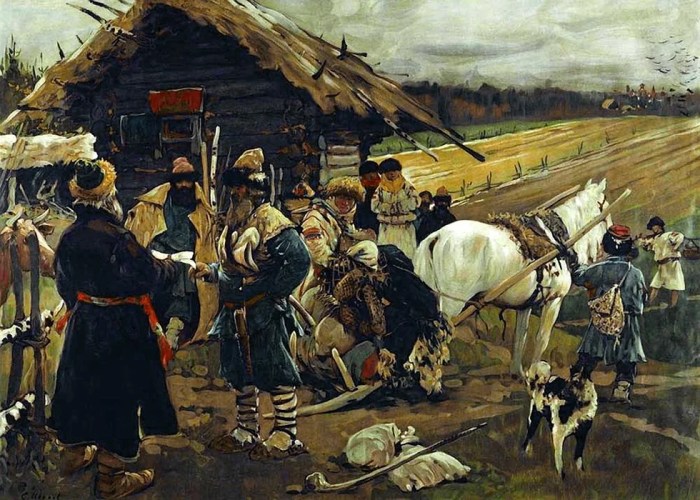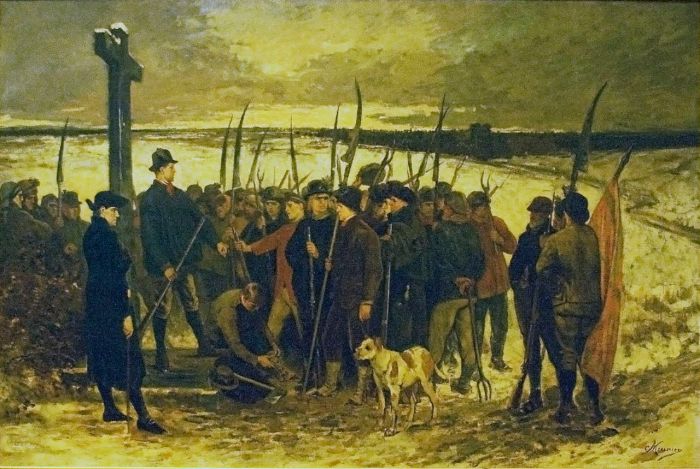What caused the peasants to oppose many of these reforms? This question delves into the complex interplay of economic discontent, social inequality, loss of traditional rights and customs, political oppression, and misinformation that fueled peasant resistance to reforms during this period.
Economic hardships, rising taxes, and inflation weighed heavily on peasant livelihoods, while social hierarchy and class divisions favored the wealthy at the expense of the peasantry, fostering resentment and frustration. Reforms often eroded traditional rights and customs, disrupting peasant communities and causing a sense of alienation and dispossession.
Causes of Peasant Opposition to Reforms

Peasants opposed many reforms implemented during this period due to a combination of economic, social, political, and cultural factors. These factors created widespread discontent and resentment among the peasantry, leading to resistance and opposition to the changes being imposed upon them.
Economic Discontent
Peasants faced significant economic hardships during this period. Reforms often led to increased taxes and inflation, which eroded their livelihoods and made it difficult for them to meet their basic needs. Additionally, the enclosure of common lands and the privatization of resources deprived peasants of traditional sources of income and sustenance.
Social Inequality, What caused the peasants to oppose many of these reforms
The social hierarchy of the time was rigid, with peasants occupying the lowest rung. Reforms often exacerbated these inequalities, favoring the wealthy and powerful at the expense of the peasantry. Peasants resented the lack of social mobility and the limited opportunities for advancement available to them.
Loss of Traditional Rights and Customs
Reforms often eroded traditional rights and customs that were deeply ingrained in peasant communities. These practices, such as communal land ownership and the right to hunt and gather, had cultural and economic significance for peasants. Their loss led to a sense of alienation and dispossession among the peasantry.
Political Oppression
Peasants faced authoritarian rule and had little political representation. Reforms were often imposed without consultation or consent from the peasantry. Fear and intimidation were used to suppress dissent, preventing peasants from expressing their grievances effectively.
Misinformation and Propaganda
The ruling class used propaganda and misinformation to justify reforms and discredit peasant opposition. They portrayed reforms as necessary for progress and modernization, while downplaying their negative impact on the peasantry. This propaganda shaped public opinion and made it difficult for peasants to organize and resist effectively.
FAQ Summary: What Caused The Peasants To Oppose Many Of These Reforms
Why did peasants oppose reforms that aimed to improve their economic conditions?
Despite the potential benefits, reforms often exacerbated economic hardships for peasants by increasing taxes and inflation, leading to resentment and opposition.
How did social inequality contribute to peasant resistance?
Rigid social hierarchies and class divisions meant that reforms often benefited the wealthy and powerful at the expense of the peasantry, fueling frustration and a lack of social mobility.
What role did the loss of traditional rights and customs play in peasant opposition?
Reforms often eroded traditional rights and customs that were deeply ingrained in peasant communities, leading to a sense of alienation and dispossession that contributed to resistance.


